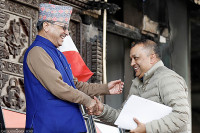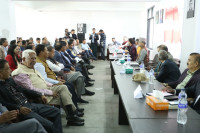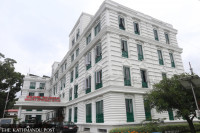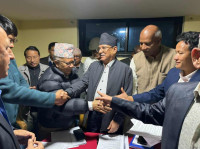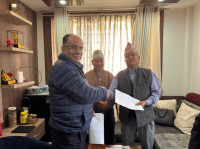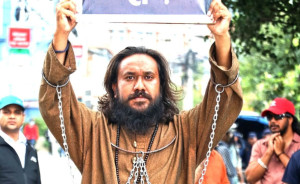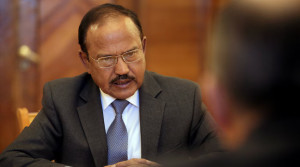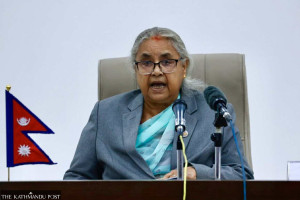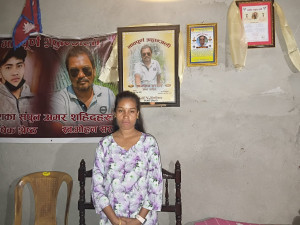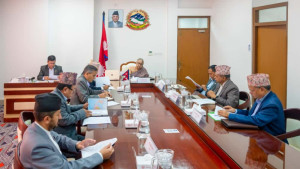Politics
Unrepentant Oli on confrontational path, rejects government
The UML chair says the ‘unconstitutional’ Karki government not interested in holding timely elections.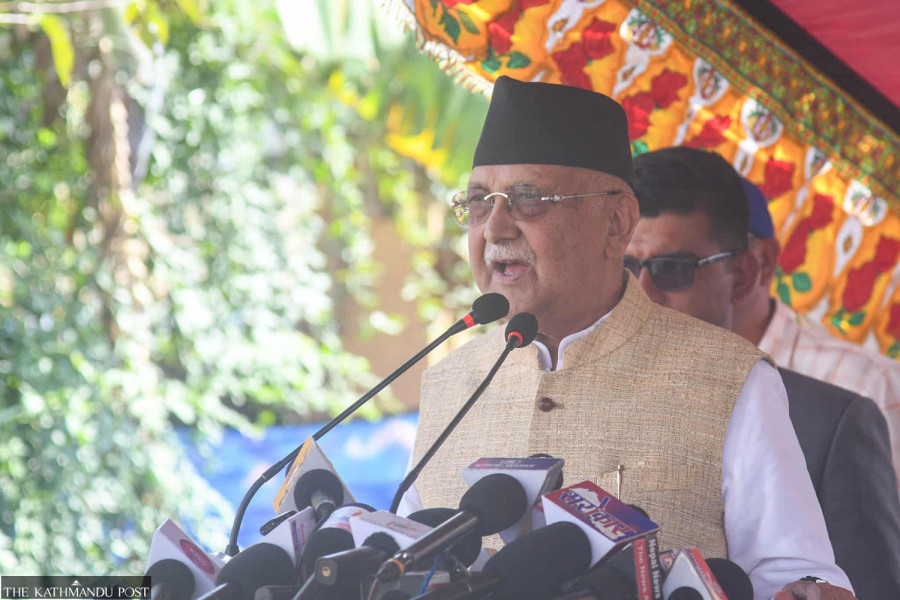
Purushottam Poudel
The CPN-UML and its chair KP Sharma Oli just upped the ante against the Sushila Karki government. They had already rejected the dissolution of the lower house, calling for its prompt reinstatement. Now, they are questioning even the legitimacy of the Karki government.
In a speech on Thursday, Oli took a confrontational approach against the interim government led by Karki. Oli, who was forced to quit as prime minister on September 9 after two days of protests led by Gen Z groups, vented his ire at the government’s recent decisions.
He indicated his party would not take part in the parliamentary elections scheduled for March 5, which are being held by an ‘unconstitutional government’. Instead, the UML and other parties, including the Nepali Congress would fight for the reinstatement of the House of Representatives that was dissolved on September 12.
“We now have no alternative but to move forward by demanding immediate reinstatement of Parliament, which was dissolved unconstitutionally, to bring the country back on the right path,” Oli said, addressing a gathering organised by the party’s district committee at Gundu, Bhaktapur.
Oli has been staying at Gundu after his home in Balkot was burnt down by protesters on September 9.
Interestingly, Oli had himself twice dissolved the House in 2020 and 2021 and each time defended the move as prime minister’s right in special circumstances.
But this time, Oli accused Karki of setting the dissolution of Parliament as a condition for accepting the prime minister’s position, and even questioned her democratic credentials.
Political analyst Chandra Dev Bhatta says Oli and UML leaders loyal to him seem unable to grasp the scale of the political transformation brought by the Gen Z uprising.
Bhatta believes the protest and the political change it brought are unique in Nepal’s 75-year-old experiment with democracy.
“In such a context, our political parties should have moved towards rapprochement with the new forces, but the UML leadership appears intent on further inflaming tensions,” Bhatta said. “The leader of a major political party should not be giving provocative statements at such a sensitive time.”
In his provocative speech, Oli also claimed that the Karki-led government was not formed by the Nepali people.
“This government does not represent Nepalis. Who does it represent? I do not know. They are working on a certain agenda. They held meetings until 3 am to arrest KP Oli, to block my passport, and prevent me from leaving the Valley,” he said. “KP Oli is not someone who can be intimidated by such action. I will not flee out of fear of Sushila Karki.”
Neither Oli nor any other UML leader speaking at Thursday’s event appeared ready to acknowledge their own mistakes.
“Oli has been at the centre of political power in Nepal since the promulgation of the constitution in 2015. So it is his duty to address the public’s concerns and widespread dissatisfaction,” says political analyst Keshav Dahal. “Instead, Oli is inciting people and leading the country towards more turmoil.”
He should instead be guiding the country towards the scheduled elections, Dahal advised.
A UML standing committee member, Bhanubhakta Dhakal, accused the current government of failing to create a conducive climate for polls.
Dhakal said his party will never shy away from elections. “But as the government does not seem interested in holding timely polls, we will focus on the reinstatement of the dissolved House,” he said.
Likewise, Prakash Sharan Mahat, spokesman for the Nepali Congress which was a partner in the Oli government, echoed the UML leaders in arguing that the House should be reinstated if the current government does not create a conducive climate for elections.
“Based on its current activities, the government does not seem serious about holding the elections on the scheduled date,” Mahat told the Post.
Oli also announced that his party will not accept the Gauri Bahadur Karki-led judicial commission formed to investigate the loss of lives and property during the September 8–9 uprising.
Speaking at the same event, Oli questioned the impartiality of the commission and its coordinator, Karki, saying there were serious doubts over his credibility.
“The UML and the people will not accept this commission,” Oli said.
He accused the government of forming a biased commission. “You have created a so-called commission by enlisting those who already say ‘Oli must be arrested and prosecuted’. This is a staged drama, and the UML will not accept it,” he said.
Oli’s remarks come at a time when Gen Z groups have been demanding his immediate arrest, accusing him of excessive use of force during last month’s protests.




 24.12°C Kathmandu
24.12°C Kathmandu
